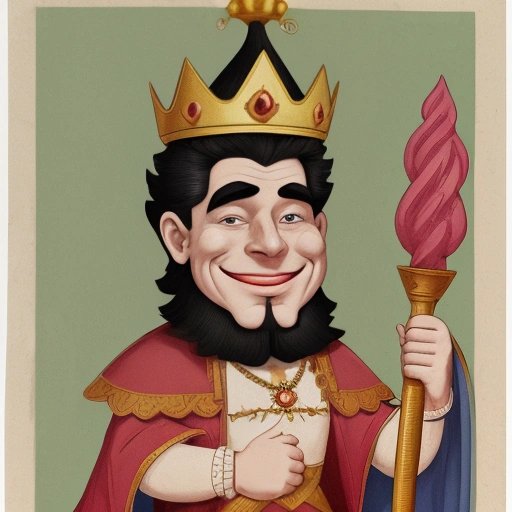A group of philosophers has claimed to have developed a groundbreaking new political ideology that has the potential to change the world. The ideology is called "anarcho-totalitarianism," and it merges two seemingly contradictory political systems: anarchism and totalitarianism.
According to the philosophers, anarcho-totalitarianism is the perfect system for a society that values individual freedom and collective order. They argue that the ideology can provide the best of both worlds by allowing individuals to have complete freedom while also ensuring that the society operates efficiently and without any kind of chaos.
However, critics are skeptical of this claim and have accused the philosophers of just playing with words. They argue that the idea of merging anarchism and totalitarianism is inherently contradictory and illogical.
To prove their point, the critics have asked the philosophers to provide a practical example of how anarcho-totalitarianism would work in practice. The philosophers have responded by presenting a hypothetical scenario:
Imagine a society in which every individual has complete freedom to do whatever they want. Everyone can own whatever they want, say whatever they want, and do whatever they want without any interference from anyone else. This is the ultimate expression of anarchism.
However, in this society, there is no guarantee that everyone will act responsibly or in the interest of the greater good. Some people may use their freedom to exploit others or engage in harmful behavior. This is where the concept of totalitarianism comes in.
To ensure that the society operates smoothly, the philosophers propose the appointment of a group of "wise and benevolent tyrants." These tyrants would have complete control over the society and would make all the decisions necessary to ensure that everything runs smoothly. From deciding how resources are distributed to intervening in the affairs of individuals, the tyrants would be responsible for everything.
Of course, this hypothetical scenario raises several questions. Who decides who the "wise and benevolent tyrants" are? How much power do they have? How do they ensure that they are acting in the interest of the greater good?
Critics argue that this scenario is no different from any other form of totalitarianism and that the concept of anarcho-totalitarianism is nothing but a paradox. They argue that it's impossible to merge anarchism and totalitarianism, as they are fundamentally contradictory concepts.
Despite the criticism, the philosophers remain optimistic about the potential of anarcho-totalitarianism. They argue that it's a concept that's worth exploring and that it could lead to a more harmonious and orderly society.
Only time will tell whether anarcho-totalitarianism is a viable concept or just another philosophical experiment that's destined to fail. Until then, we'll have to live with the paradoxical nature of the concept and find ways to reconcile the contradictory forces that make up our political systems.
